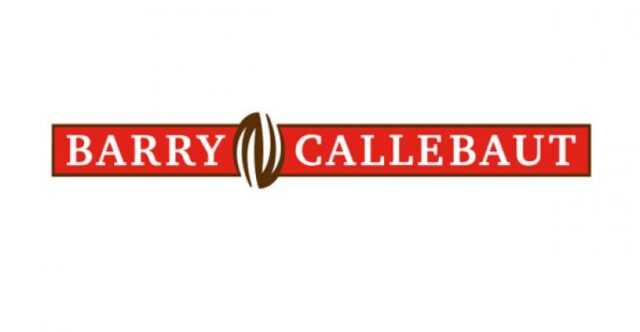NEW YORK. U.S. — The Barry Callebaut Group joined two multistakeholder initiatives on smallholder farmers and biodiversity at the United Nations Climate Action Summit in New York, September 23, in order to support the Company’s goal of lifting over 500,000 cocoa farmers out of poverty and to become carbon and forest positive by 2025.
Barry Callebaut co-signed the One Planet Business for Biodiversity (OP2B) coalition, an action-oriented business coalition of companies with a specific focus on agriculture determined to catalyze bold action to protect and restore cultivated and natural biodiversity within their value chains.
In addition, the group also signed the vision statement for the “Just Rural Transition” initiative. This multistakeholder platform is committed to transform by 2030 the way in which food is produced and consumed, and land and natural resources are used.
Pablo Perversi, Chief Innovation, Sustainability and Quality Officer at Barry Callebaut stated:
“We joined these two initiatives because impact on the ground is created through the combination of resources and insights from the public and private sector. Through Barry Callebaut’s Farm Services Business, as well as through our data insights into the structural challenges for individual cocoa farms, we are in pole position to help smallholder cocoa farmers in building the cocoa farms of the future.”
In support of the OP2B coalition and the “Just Rural Transition” initiative, Barry Callebaut announced that its cocoa farm database Katchilè already contains insights into over 380,000 smallholder cocoa farms from the world’s leading cocoa producing countries: Côte d’Ivoire, Ghana, Cameroon, Indonesia and Brazil. Of the cocoa farms in the database, 185,000 have already been mapped for detailed geographical, spatial, crop and household data. This data is building a unique level of insights into the needs of individual cocoa farms. The goal is to collect full data of at least 500,000 cocoa farms by 2025, which will be the backbone for the Group’s plan to lift more than 500,000 cocoa farmers out of poverty by 2025.
Through the collection of detailed data on cocoa farms, Barry Callebaut will support and advise cocoa farmers at individual farm level, instead of using generic, one size fits all, advice, on how to improve the revenues of their cocoa farm via Farm Business Plans. These tailored plans cover multiple years in which Barry Callebaut advises on the optimal mix of planting cocoa seedlings and the use of fertilizers, diversified income generating activities and supporting farmers to access labor on credit.
Furthermore, understanding where farms are located allows the Group to assess if a farm is at risk of sourcing from a protected forest area. This level of traceability of cocoa was implemented by Barry Callebaut as a priority in its Ghanaian and Ivorian supply chains, the world’s two largest cocoa producers, where deforestation is an urgent issue.
By the end of 2019, Barry Callebaut will have mapped all the farms in Côte d’Ivoire and Ghana it sources from, establishing 100% traceability for its direct supply chain in the world’s two largest cocoa producing countries. Overall, this means that 100% of the cocoa volume sourced in Ghana and 40% of the cocoa volume sourced in Côte d’Ivoire, by Barry Callebaut, is traceable. Overall, Barry Callebaut has currently established traceability for a third of its global cocoa volume.
“The datasets we have collected are unprecedented. They will allow us to assess the needs of the individual cocoa farms in our supply chain in order to build a cocoa farming model of the future, through which we will lift over 500,000 cocoa farmers out of poverty, protect biodiversity and guarantee the best quality cocoa beans,” Perversi concluded.


















